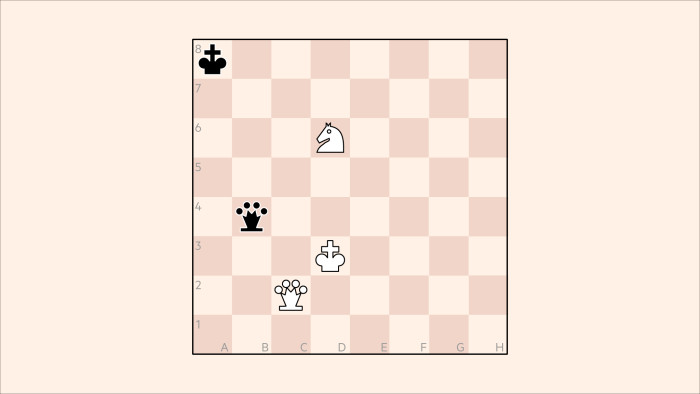Chess: world's oldest grandmaster, Yuri Averbakh, dies at 100

The world’s oldest grandmaster, Yuri Averbakh, passed away aged 100 on May 7. The venerable Russian had been a world title candidate, an aide to champions, and chief arbiter at top matches, as well as a renowned author of multiple books on endgames and chess history. As a child, Averbakh watched Emanuel Lasker; on his centenary, he was congratulated by Magnus Carlsen.
Averbakh’s youth was shaped in 1941, when the German army was at the gates of Moscow and he escaped conscription because he only had sandals for his large-sized feet and there were no suitable army boots available. It was estimated that more than 90 per cent of men born in 1922 died at the front.
He worked on diesel engines in an aviation institute, and his knowledge of English helped after he switched to chess. Only three of the top USSR grandmasters spoke it well, and Paul Keres and Alexander Kotov preferred to travel in Europe. Hence Averbakh became a globetrotter, visiting Australia, New Zealand, India, Singapore and the US.
His best year, and paradoxically also his worst experience as a player, both came in 1954, the year he won the USSR title. He was in the team which crushed Britain 18.5-1.5 at Caxton Hall, London, where I witnessed his elegant win against Jonathan Penrose, and in the same year he outclassed Argentina’s best player Oscar Panno, using the innovatory opening sequence 1 d4 Nf6 2 c4 g6 3 Nc3 Bg7 4 e4 d6 5 Be2 0-0 6 Bg5 which is still called the Averbakh System.
But in the USA v USSR match in New York Averbakh arrived late for one of his games against Donald Byrne, lost their mini-match 3-1, incurred the wrath of his captain Igor Bondarevsky, and was removed from the team for a year for “unsportsmanlike conduct”, which meant he missed his chance for a gold medal at the Amsterdam Olympiad.
Later he was a trainer and coach who helped Boris Spassky, Mikhail Tal, Mikhail Botvinnik, Vasily Smyslov and even Garry Kasparov to playing successes. For 30 years he edited Chess Bulletin, a major source of new opening ideas before computers arrived. He was chief arbiter at world championship matches including Nigel Short v Garry Kasparov in London 1993.
Averbakh had a gift for explaining endgames simply. The best known of his books Chess Endgames: Essential Knowledge is widely available, including in a Kindle edition, although he himself considered his A History of Chess as his most important lifetime achievement.
Puzzle 2469
White to play and win (by Yuri Averbakh). Queen and knight against queen is normally a draw, yet it takes only two moves to solve this puzzle. White’s first is easy to find, his second is subtle.
Click here for solution
Comments